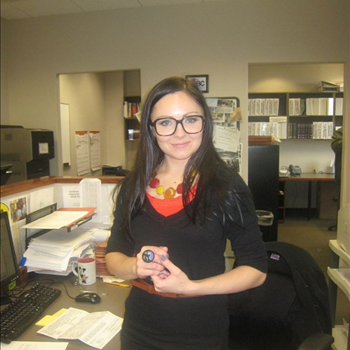Right Now
How to Use a Power of Attorney in Real Estate Deals

A Power of Attorney (POA) can be a valuable instrument in real estate transactions. When another party is unable to attend the closing, the power of attorney can aid speed the process and execute paperwork. However, there are a few factors to consider before using a POA in real estate transactions.
If you intend to use a Power of Attorney for future real estate transactions, you should consult a closing attorney with any questions about the POA documents. When you sign a POA, you give someone else the ability to sign and make decisions on your behalf, so make sure the documents accurately reflect your preferences. Boilerplate paperwork may be damaging to your legal needs.
What Is a Power of Attorney?
A Power of Attorney is a legal document that grants another person (the agent or attorney-in-fact) the authority to act on the principal's behalf. A Power of Attorney is typically used for legal problems, but it can also represent the principle in business or financial matters, real estate transactions, and other private activities.
With a real estate POA, the principal signs the Power of Attorney form prior to the closing, and the agent subsequently signs all of the relevant real estate documentation on the principal's behalf.
Ensure You Have the Correct Power of Attorney Documents
Power of Attorney forms can be flexible; the principal can delegate particular duties and obligations to the POA for set periods of time. POA forms can be used for financial, business, medical, and real estate. Before beginning the closing process, ensure that the POA forms allow the agent to sign real estate documents on the principal's behalf for the property in question.
It's also a good idea to look for language addressing the principal's mental capacity; in some cases, the POA form states that the agent cannot sign any real estate papers if the principal is no longer mentally competent. (Note: The principal must be competent to sign the POA forms; they cannot sign them in the event of an illness or emergency.)
A Power of Attorney is For Individuals Alone
If the major party is a business or corporation, a Power of Attorney is usually not the best legal document to utilize. If an LLC, for example, is attempting to acquire or sell property and the manager is unable to attend the closing, the manager cannot use a POA in the transaction. They cannot delegate their corporate powers to someone else to sign on their behalf.
The same holds true for trustees, personal representatives of estates, and general partners in a partnership. These individuals work in a fiduciary capacity for their entity (the trust, estate, or partnership), and they cannot assign those fiduciary duties through a Power of Attorney. Instead, the principle would most likely require a business resolution or comparable legal document.
The Power of Attorney Should Be Recorded Wherever the Property Is Located
As a general rule, the Power of Attorney form must be documented (filed) in the same county as the property. The paper must be original, signed by the principal, and notarized. The court and title firm will not accept photocopies.
If the principal is aware that they are embarking into a real estate deal, they should leave sufficient time for the Power of Attorney forms to be correctly documented. It can take some time to prepare the document and have it signed and notarized. This is especially true when the principal is away from the country. It is a good idea for the principal to notify the parties ahead of time that they are using a Power of Attorney. That manner, the parties may ensure that the necessary POA documents are in place before arranging the closure.
More Posts



















Map
Amelia Grant
Get DirectionsAmelia Grant
-
31-57 37th St
Long Island City, New York 11103
United States - 6462709836
Report This Post
Please complete the following requested information to flag this post and report abuse, or offensive content. Your report will be reviewed within 24 hours. We will take appropriate action as described in Findit terms of use.


